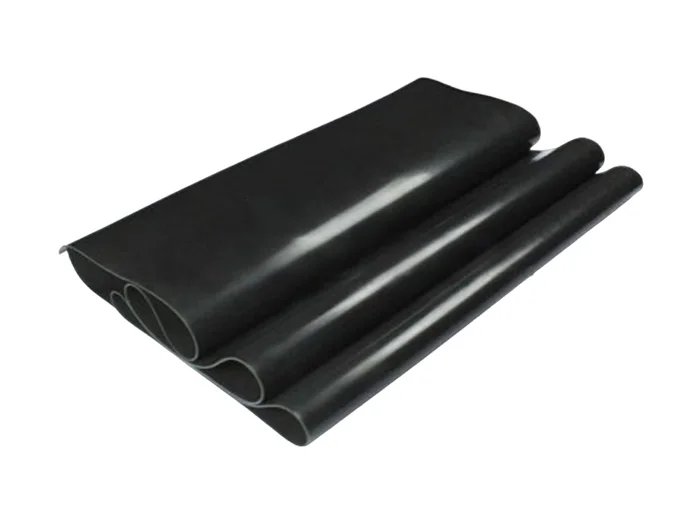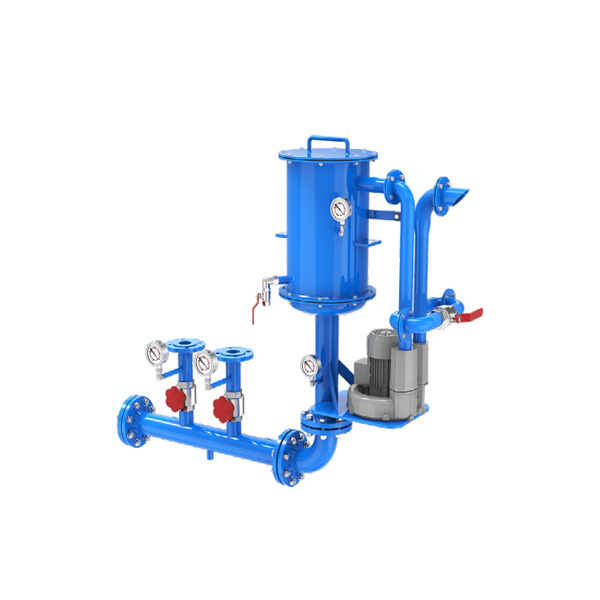In recent years, the global shift towards eco-friendly products has gained significant momentum. These products are designed to minimize environmental impact and promote sustainability. While the benefits of eco-friendly products are widely acknowledged, it is essential to explore their potential disadvantages. In this forum post, we will delve into the less-discussed drawbacks of eco-friendly products, shedding light on their limitations and providing a comprehensive understanding of their implications.
- Limited Availability and Higher Costs:
One of the primary disadvantages of eco-friendly products is their limited availability and higher costs. Due to the specialized manufacturing processes and materials involved, these products often have a smaller market share compared to conventional alternatives. As a result, they may be more challenging to find, especially in certain regions. Additionally, the use of sustainable materials and production methods can drive up the overall cost, making eco-friendly products less accessible to a wider consumer base. - Performance and Durability Concerns:
Eco-friendly products sometimes face performance and durability concerns. Manufacturers may prioritize sustainability over functionality, resulting in products that may not perform as effectively as their conventional counterparts. For example, eco-friendly cleaning products might not be as potent in removing tough stains or odors. Similarly, eco-friendly packaging materials may be less durable, leading to potential product damage during transportation or storage. Balancing sustainability with optimal performance remains a challenge for many eco-friendly product developers. - Limited Range of Options:
Another drawback of eco-friendly products is the limited range of options available. While efforts are being made to expand the variety, certain industries still lack comprehensive eco-friendly alternatives. For instance, in the automotive sector, electric vehicles are gaining popularity, but the range of models and options is still relatively limited compared to traditional gasoline-powered cars. This limitation can restrict consumer choice and hinder the widespread adoption of eco-friendly alternatives. - Complex Recycling and Disposal Processes:
Eco-friendly products often require specialized recycling and disposal processes. While this is a positive aspect from an environmental standpoint, it can pose challenges for consumers and waste management systems. The proper disposal of eco-friendly products, such as solar panels or electric vehicle batteries, requires specific infrastructure and expertise. In the absence of adequate recycling facilities, these products may end up in landfills, negating their intended environmental benefits.
Conclusion:
While eco-friendly products undoubtedly contribute to a more sustainable future, it is crucial to acknowledge their disadvantages. Limited availability, higher costs, performance concerns, a limited range of options, and complex recycling processes are among the drawbacks that need to be considered. By understanding these limitations, consumers, manufacturers, and policymakers can work towards addressing them and further enhancing the overall sustainability of eco-friendly products.



